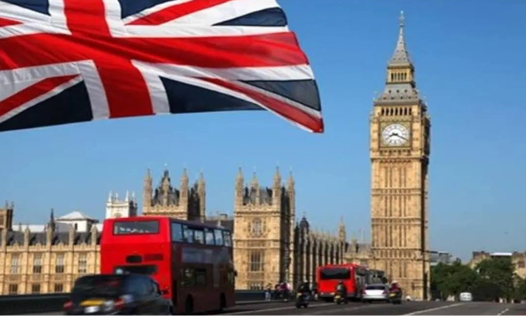UK study visa issuance drops in 2023, India remains top market despite decline
The latest home Office data from the UK reveals a dip in the number of study visas issued for main applicants by the country in 2023 compared to the previous year.
In 2023, there were 4,57,673 study visas issued to main applicants, which represented a 5.5 per cent decrease compared with the previous year.
The 2023 total was the second highest on record for a calendar year and was 70 per cent higher than the pre-pandemic year of 2019, the Home Office said.
Despite experiencing a 14 per cent decrease as compared to 2022, India retained its position as the largest market for study visas issued to main applicants. A total of 1,20,110 student visas were granted to Indian main applicants, accounting for over a quarter of all visas granted at 26.2 per cent.
China ranked second, with approximately 1,09,564 study permits issued, marking an increase of about 6 per cent compared to the previous year.
Nigeria secured the third position despite experiencing a decrease of approximately 28 per cent, with 42,167 visas granted. Following Nigeria were Pakistan (31,165) and the USA (14,633), both of which recorded increases compared to the previous calendar year.
The data reveals that a total of 6,01,000 sponsored study visas were issued in 2023 – down 3 per cent from the peak of 6,19,000 the year before.
A recently conducted survey of prospective students by global higher education-focused agency group IDP Education examined the impact of recent policy changes in the UK, Australia and Canada.
In the UK, the positive attitude towards higher international enrolments began to shift in mid-2023 when the Home Office and Department of Education announced that from January 2024, most international students, except for research-based postgraduate students, would not be allowed to bring their dependents with them to the UK.
According to Home Office figures, the approval rate for sponsored study visas, including both main applicants and their dependents, was 96 per cent in 2023. All of the top 20 markets boasted approval rates exceeding 90 per cent, except for Ghana, which stood at 80 per cent.
 Book an Appointment
Book an Appointment
